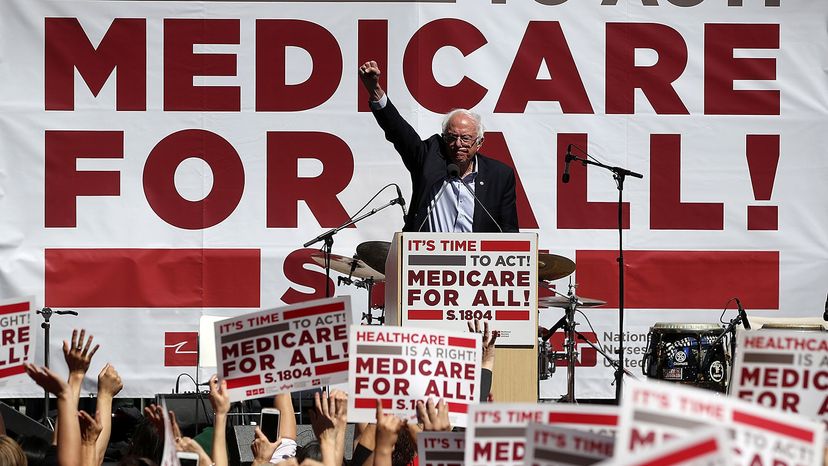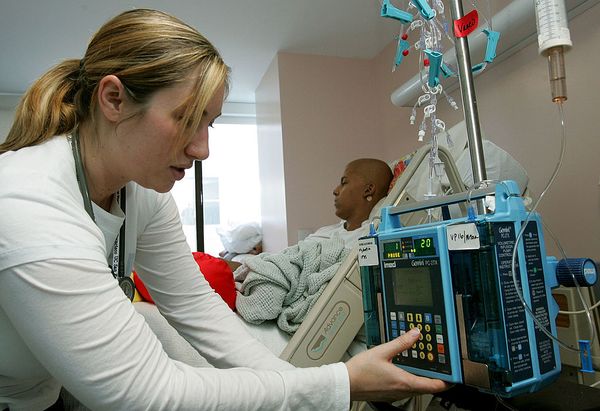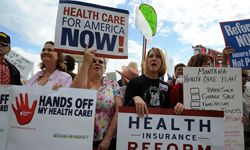
In the 2016 presidential race, Senator Bernie Sanders (I-Vermont) was the first candidate to float the idea of "Medicare for All," a massive expansion of the popular government-funded health program to cover all Americans, not just those 65 and older. While hailed by Sanders' progressive supporters, the proposal failed to gain traction with mainstream Democratic voters and was ridiculed as a wildly expensive "socialist" takeover by Republican critics.
But as the crowded field of 2020 Democratic hopefuls dwindles from 20 to 11 official candidates (including the 78-year-old Sanders), Medicare for All may be getting a wider hearing. According to a January poll from the Kaiser Family Foundation, 56 percent of Americans (including 24 percent of Republicans) supported the creation of a "national health plan." These percentages are virtually unchanged since June 2017 but Sanders is no longer the only congressperson trying to pass comprehensive Medicare for All legislation.
Advertisement
In February 2019, Representative Pramila Jayapal (D-Washington) and progressive colleagues in the U.S. House of Representatives released their own Medicare for All Act of 2019, which goes even farther than Sanders' original 2017 bill. Not only would the Jayapal proposal do away entirely with private health insurance and require absolutely no premiums or co-pays of any kind, it would significantly extend Medicare to cover comprehensive dental, vision and long-term care.
"Our bill will cover everyone. Not just those who are fortunate enough to have employer-sponsored insurance. Not just children. Not just seniors. Not just those who are healthy," wrote Jayapal in a statement. "It's time to ensure that health care is a right and not a privilege, guaranteed to every single person in our country. It is time for Medicare for All." (Subcommittee hearings on this bill were held in December.)
Advertisement


